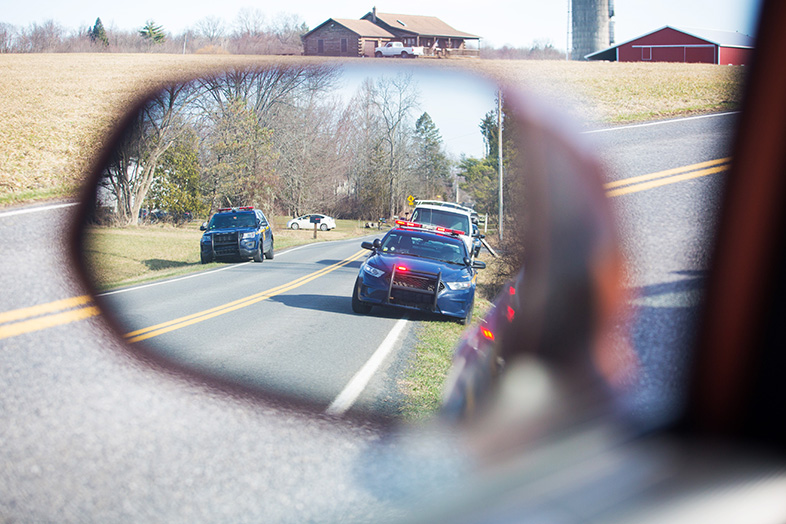
Drunk driving remains a serious problem in Wisconsin, and in 2012 was responsible for one out of every three traffic deaths in the state.
Advocates against drunk driving say it's the state's laws -- or lack thereof -- that cause many people in Wisconsin to get behind the wheel after they have been drinking.
According to Mothers Against Drunk Driving's annual review, Wisconsin has some of the worst laws in the country when it comes to deterring drunk driving. MADD gave both Wisconsin and Minnesota a two-out-of-five rating.
MADD said one of the main problems with Wisconsin's laws is that they treat a first-time OWI as a traffic offense instead of a criminal one.
Not only does this make punishments less severe for those who are convicted, it also means police can't require suspected drunk drivers to provide a blood or urine sample without a search warrant.
Additionally, MADD said the state needs to do more with ignition interlock devices, which require people who have been convicted of drunk driving to pass a breathalyzer test before their cars will start.
At this point, judges can only order first-time offenders to install the devices if they had a blood-alcohol content (BAC) level of .15 or higher, which is nearly two times the legal limit to drive.
Finally, while many other states allow police to run temporary checkpoints to randomly check drivers for intoxication, Wisconsin does not. MADD says this results in more people driving drunk in the state because people are less concerned about getting caught.
Wisconsin lawmakers are currently considering two bills that would ramp up OWI enforcement in the state.
One bill would allow police to require blood samples from suspected drunk drivers, even for first-time offenders. The other, which is facing opposition from the Wisconsin Tavern League, would require ignition interlock devices for anyone who is convicted of OWI.
It is likely that anyone who has lost a loved one in a drunk driving accident would agree with MADD that Wisconsin's OWI laws could use some toughening.
Source: Green Bay Press Gazette, "Wisconsin fails MADD report on drunken-driving prevention," Doug Schneider, Feb. 17, 2014